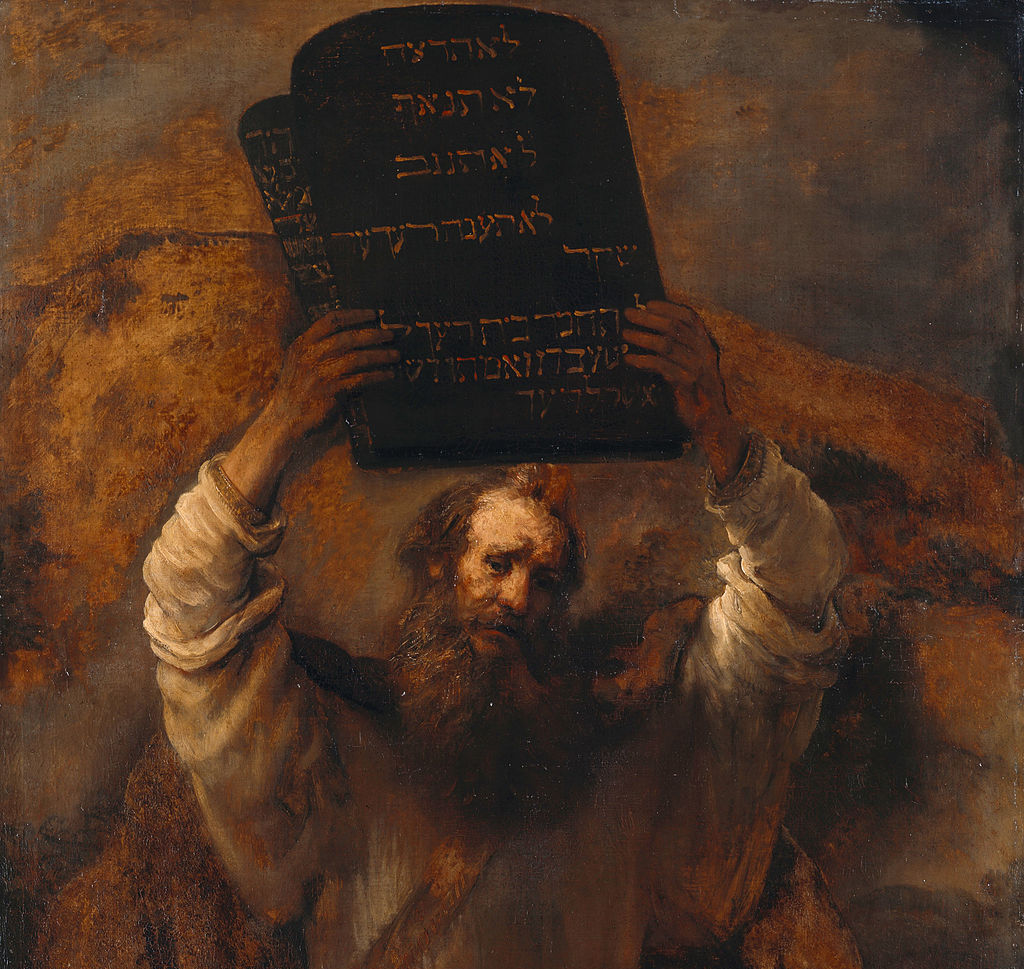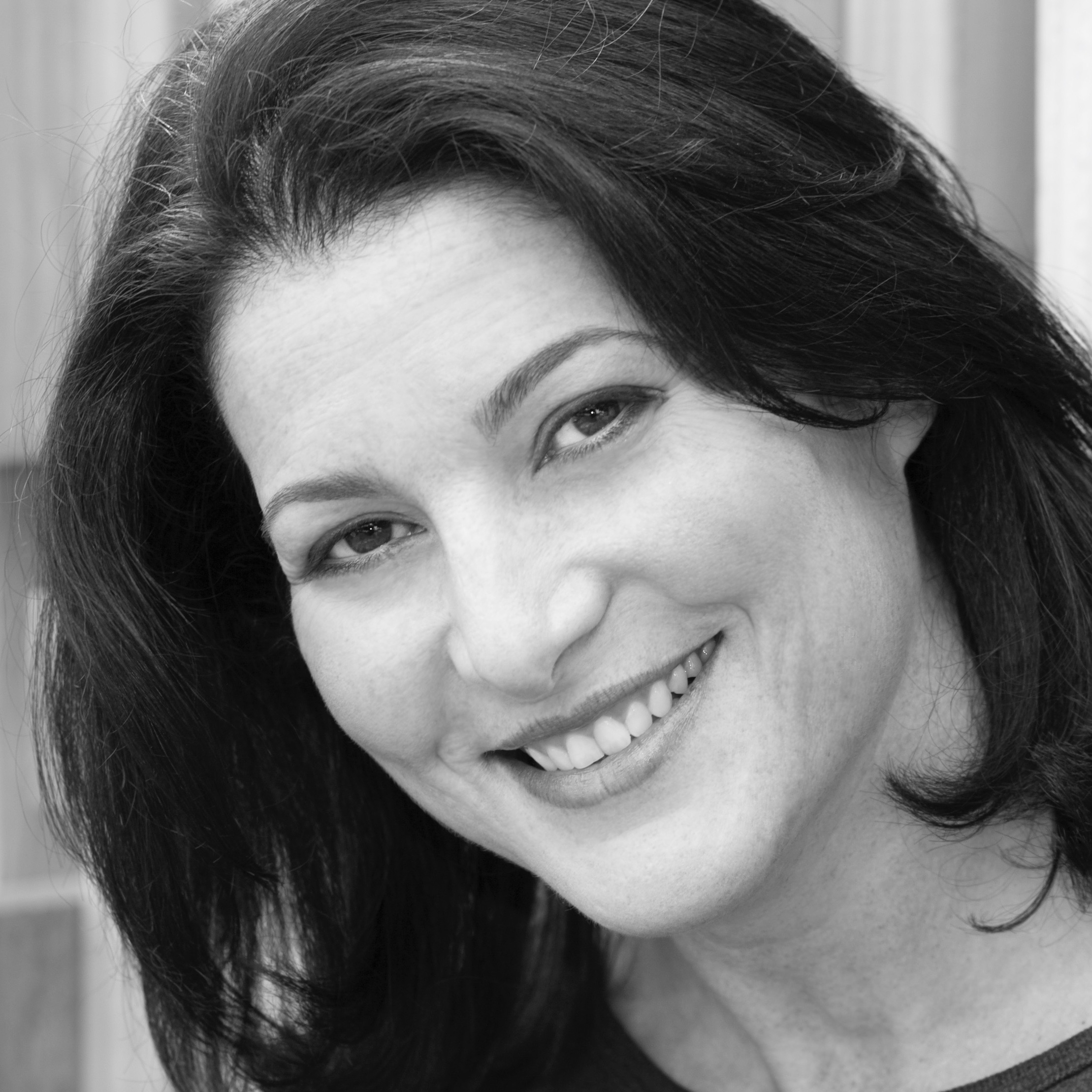 Rembrandt – Moses with the Ten Commandments. Photo courtesy of Wikipedia.
Rembrandt – Moses with the Ten Commandments. Photo courtesy of Wikipedia. Home Shalom promotes healthy relationships and facilitates the creation of judgement free, safe spaces in the Jewish community. Home Shalom is a program of The Advot Project.
Please contact us if you are interested in a workshop and presentation about healthy relationships, self-worth or communication tools.
“The tablets and the broken tablets were placed in the ark together.” Talmud Berahot 8b
There is a famous Midrash that describes the discussion between God and the mountains of the world which resulted in God choosing Mount Sinai as the place for the revelation of the Torah.
When God decided to give Moses the Ten Commandments, every mountain said, “Choose me!”
Mount Tabor said, “I am the highest mountain. When God sent the flood, Noah’s ark rested on me while waiting for the rains to end.” Mount Carmel said, “Choose me! When the Israelites crossed the Red Sea while fleeing from Egyptian slavery, I rose up in the middle of the sea so they could cross in safety.” Mount Zion said, “Choose me! I will be the sight of the holy Temple in Jerusalem, so God should certainly choose me.”
The mountains quarreled. Only little Mount Sinai was quiet. “Why should God choose me?” Mount Sinai thought. “I am the smallest of the mountains and don’t have any great deeds yet to boast about.” The mountains continued to argue until God said, “Stop. I have made my decision. I will choose Mount Sinai to remind everyone that even the smallest or weakest among us makes great contributions because large or small, strong or weak, everyone is unique, special, one-of-a-kind and worthy.” It was for a similar reason that the Talmud taught that the tablets that were whole and those that were broken were placed in the ark together and carried reverently by the Children of Israel throughout their 40 years of wandering then brought into the Promised Land of Israel at the end of their journey.
We learn from ancient Jewish wisdom that each and every one of us is a precious, unique, one-of-a-kind creation of God and as such has fundamental spiritual self-worth whether we are strong or weak, black or white, rich or poor, Jewish, Christian or Muslim, physically or emotionally able or challenged in one way or another. Whether we grow up with the privileges of race or affluence, intact families and the best of care, or the opposite, Judaism teaches us to remember our self-worth and that every day is a precious divine gift to be cherished and lived to its fullest.
Rabbi Steven Carr Reuben, Home Shalom; Naomi Ackerman, The Advot Project























 More news and opinions than at a Shabbat dinner, right in your inbox.
More news and opinions than at a Shabbat dinner, right in your inbox.